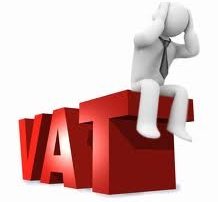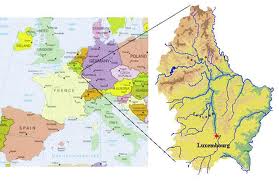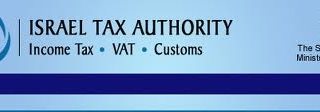Making it happen: the European Semester for Belgium…
Making it happen: the European Semester All Member states have committed to achieving Europe 2020 targets and have translated them into national targets and growth-enhancing policies. But only if the individual efforts of all the countries are coordinated and focused, can they result in the desired impact on growth. Therefore the European Commission has set up a yearly cycle of economic policy coordination called the European Semester. Each year the European Commission undertakes a detailed analysis of EU Member States' programmes of economic and structural reforms and provides them with recommendations for the next 12-18 months. The European semester starts when the Commission adopts its Annual Growth Survey, usually towards the end of the year, which sets out EU priorities for the coming year to boost growth and job creation. Country specific recommendations for Belgium are available (excerpts) : (12) Prices for electricity and many other goods and services are higher in Belgium than in other Member States, reflecting weak competition and structural barriers. Prices in the retail sector remain above the euro-area average, while restrictions on professional services impede the development of innovative business models and restrain investment. Belgium has made only limited progress on improving competition in the network industries and the establishment of strong and independent regulators remains incomplete. Belgium has the second-lowest rate of mobile broadband penetration in the EU, largely due to regulatory and coordination problems with regards to spectrum availability. While higher consumer switching has diminished the dominance in generation of the traditional energy operator, competition at retail level for electricity and gas and at wholesale level for electricity remains a challenge with high distribution costs disproportionally contributing to net price levels for industrial users when compared with neighbouring [...]





















